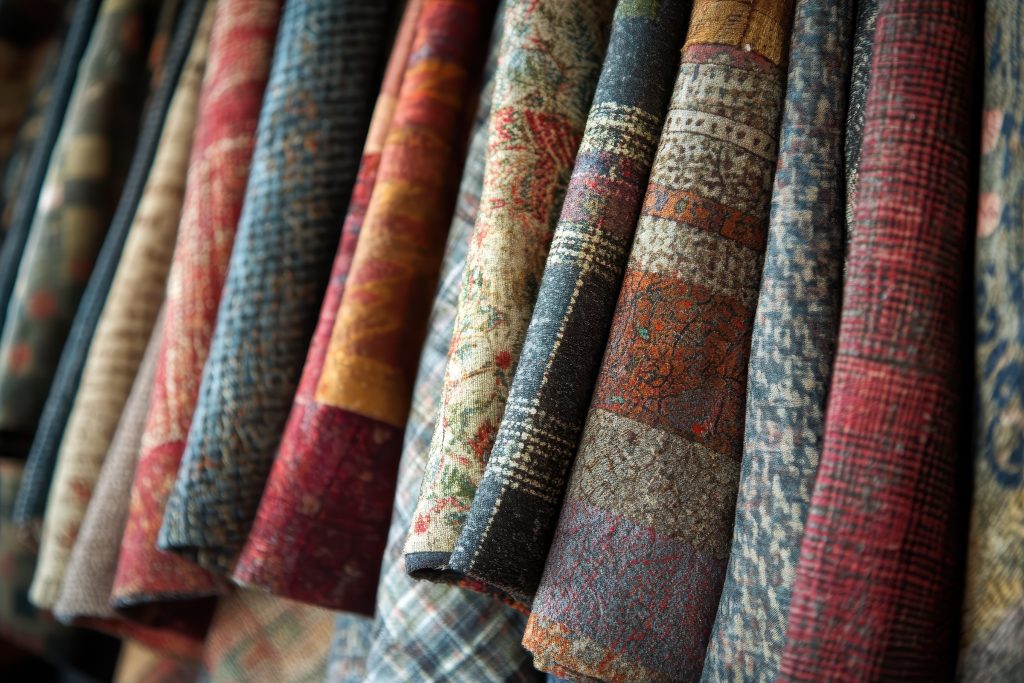
“The Train of His Robe Filled the Temple…” (Isaiah 6:1)
As I was reading Isaiah 6, I was struck by the image of God’s robe filling the temple. That single detail opened a window into the rich symbolism of robes throughout Scripture. They speak of identity, triumph, and adoption. God’s covering reveals more than majesty; it reflects His desire to draw His people out of shame and to clothe us in garments of glory: from brokenness to belonging.
When Isaiah describes God’s robe filling the temple, it is not merely a picture of grandeur. It is a declaration that the victorious King is present and His covering is complete. From Eden: where God tenderly clothed Adam and Eve, to Calvary: where Christ took our sin and covered us in His righteousness, we see a God who does not simply pardon: He restores. He wraps us not only in forgiveness but in dignity, righteousness, and love. His covering is more than protection. It is a proclamation that tells the world who we are and whose we are.
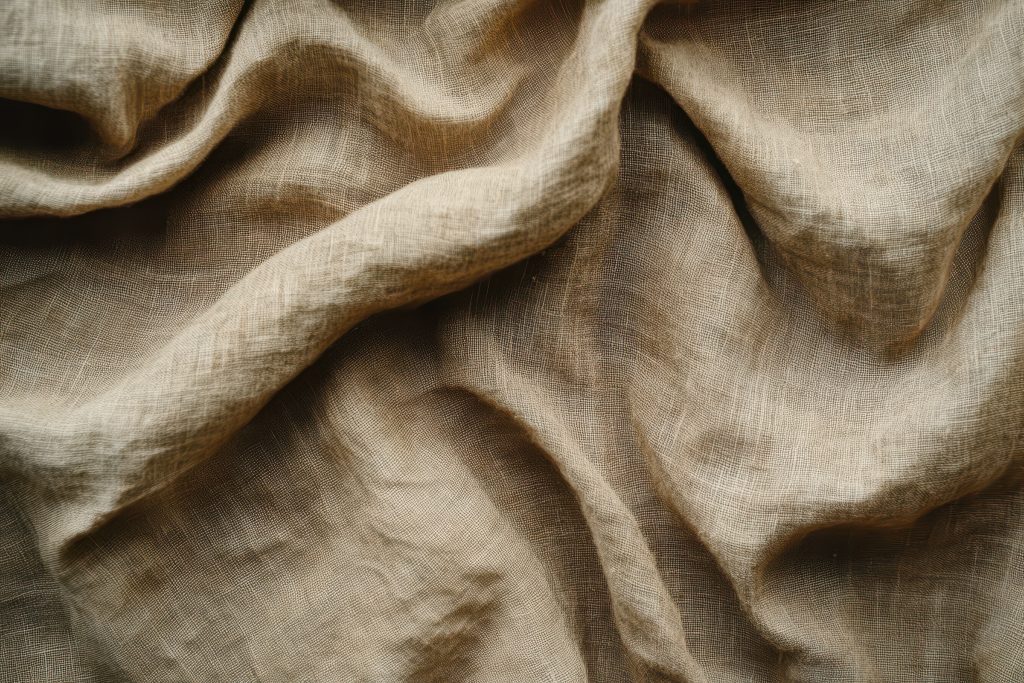
Garments of Glory: From Brokenness to Belonging- A Robe That Declares Victory:
In the ancient world, robes told stories. For kings, the length of their train represented the number of battles they had won; each conquest stitched into the hem like a living testimony.
So when Isaiah writes that God’s robe fills the temple, it isn’t just beautiful: it’s breathtaking. A visual declaration that every battle has already been won. Every enemy underfoot. Every square inch of the temple, saturated in glory.
His robe reaches the very edges of our lives.
There is no corner of fear, no thread of shame, no patch of pain it does not cover.
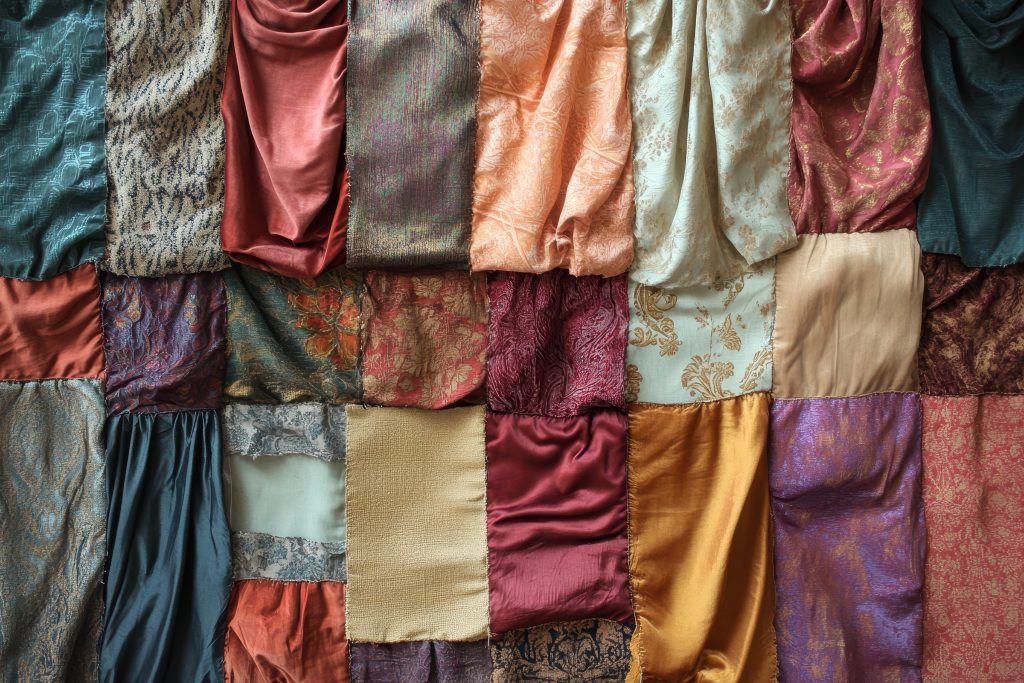
From Garments of Grief to Garments of Glory:
All throughout Scripture, robes appear not just as clothing, but as reflections of the soul’s condition. When grief strikes, garments are torn. When sin is exposed, sackcloth is worn. When dignity is stripped away, nakedness becomes a symbol of shame.
We see this in the stories of Job, David, and Jacob, who tore his garments when he believed Joseph was dead. More than tradition: rending garments was a raw expression of grief, repentance, or outrage. Yet time and again God steps in, not merely to heal the wound but to clothe us anew. He wraps us not only in healing but in the beauty of His grace and restoration.
This is who He is.
He doesn’t just remove the sackcloth, He replaces it. We move by His mercy from garments of grief to garments of glory: from brokenness to belonging.
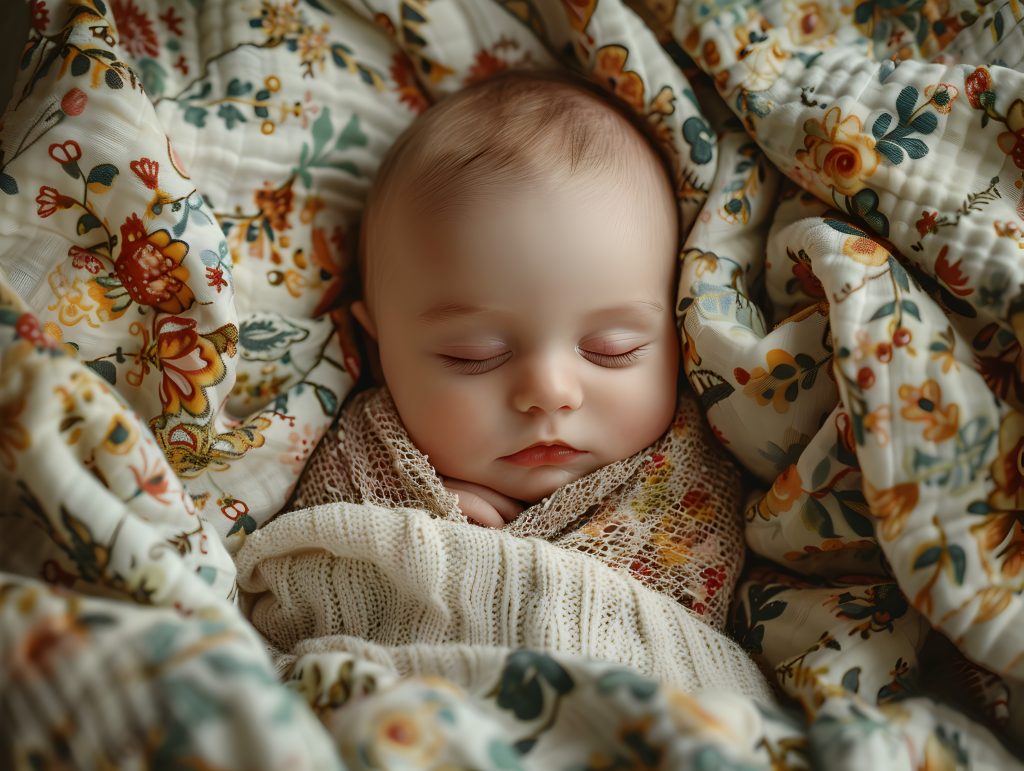
Garments of Glory: From Brokenness to Belonging- A Covered Child Is a Claimed Child
When my children step out of the bath, dripping and cold, they don’t have to ask me to wrap them up. They instinctively lift their arms, knowing I’ll be there with a towel; something warm, soft, and familiar.
In the cooler seasons, I zip their coats up to their chins, not just for warmth, but to say: You are protected. You are loved. You are mine.
A covered child is a claimed child.
When you see a child dressed for the weather or a baby swaddled you know: Someone is looking after them.
I’ve known this kind of care from God.
He has met me in my exposure and in my ache, and He has covered me.
Not because I had earned it. But because I belong to Him. Because He is a good Father, one who covers before He corrects, who removes our filthy garments and says, “See, I have taken away your sin, and I will put fine garments on you” (Zechariah 3:4).
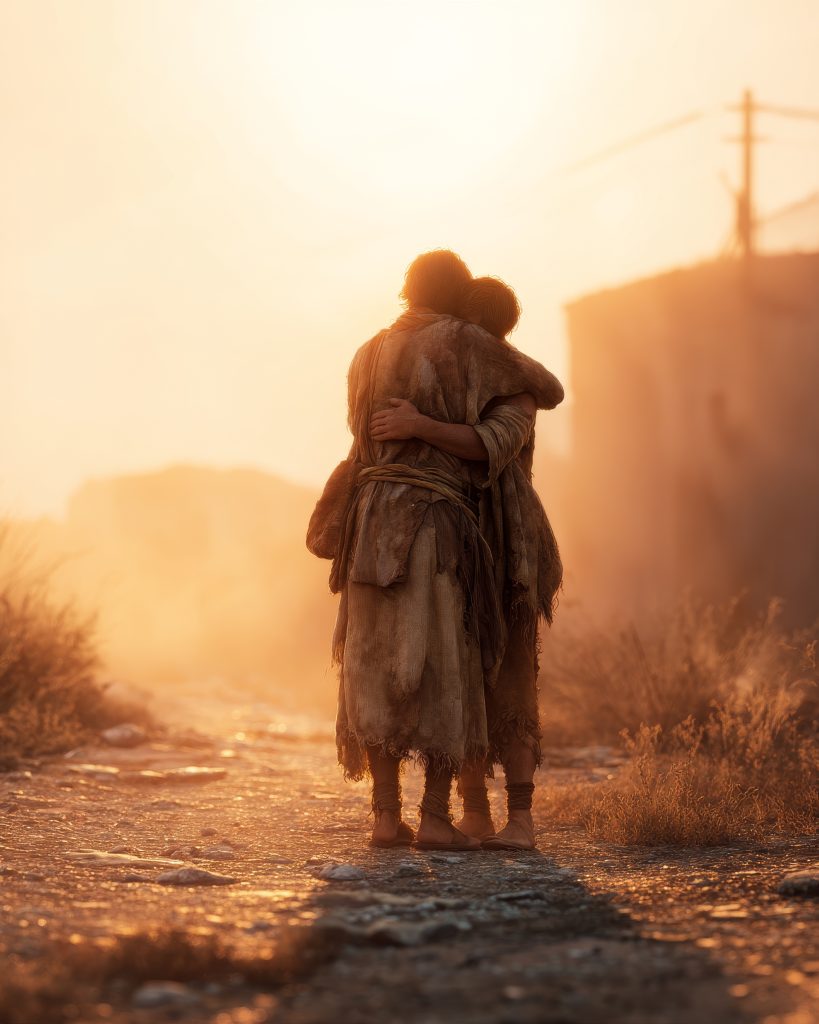
Garments of Glory: From Brokenness to Belonging- Not Just a Servant, A Son
In the parable of the Prodigal Son, we meet a young man who squandered everything. When he comes home, he’s prepared to plead for a servant’s place. But the father does something unexpected: “Quick! Bring the best robe and put it on him.” (Luke 15:22)
Not a borrowed robe.
Not a servant’s robe.
The best robe.
In biblical times, servants did wear robes. Their clothing often tied them to their master. But sons were given robes that spoke of inheritance and identity. The robe you wear matters, but why you wear it matters more.
In Christ, we’re not just dressed for duty: we’re dressed in delight. Not just garments of function, but garments of favor.

Garments of Glory: From Brokenness to Belonging- Clothed From The Garden to The Cross
And this story of being covered; of being wrapped in grace didn’t start with the prodigal.
It began in the very first garden.
When Adam and Eve sinned, they suddenly saw their nakedness and felt shame. They tried to cover themselves with fig leaves, but God… He did something deeper.
“The Lord God made garments of skin for Adam and his wife and clothed them.” (Genesis 3:21)
It was the first sacrifice. Blood was shed. Not to condemn, but to cover. God Himself made their clothes; a tender act of mercy. Even in their rebellion, He did not cast them out exposed.

Reflection: Are You Trying to Sew Your Own Covering?
We may not use fig leaves anymore, but how often do we try to cover ourselves? With spiritual performance. With perfectionism. With withdrawal or self-criticism. With anything that might hide the parts of us we’re afraid to let God see.
But friend, you’re already clothed, already covered, already known, and already loved. You don’t have to earn what’s already been given. Jesus bore the garment of suffering so that you could wear the robe of redemption.

Prayer:
Father,
Thank You for being a God who covers. Not just my sin, but my shame. Not just my weakness, but my worth. Thank You for Jesus, who wore the robe of suffering so I could wear the robe of salvation.
Thank You for trading my sackcloth for praise. For giving me beauty where I had only ashes. For calling me Yours. Remind me that I am robed in righteousness, covered in garments of glory, held in love and am a child who has been claimed by You.
Amen.
I pray this was a blessing to you or offered you a new perspective. As I reflect on God’s covering, I’m also aware of the tension that can arise when writing about themes that apply so personally to us. There’s a sacred responsibility in not making God’s holiness feel like a means to our comfort but rather, allowing His kindness and righteousness to stand in awe-inspiring harmony. This piece focused on the covering, but that covering itself points us back to who He is: holy, merciful, victorious, and good.
I am continually amazed by God’s Word, which is living and active and constantly revealing new levels of understanding and deeper truths as I endeavor to know Him more. He is so good and so faithful to have provided us with this rich and beautiful revelation. Thank you for being here!
Alexa, play Brandon Lake, “A Coat of Many Colors.…”


Leave a Reply